In the face of opposition expressed by trade unions, the government has been forced to withdraw a series of gazette notifications that aim to provide tax reliefs to four local and international firms that have invested in Port City Colombo and abolish the rights of working people.
Trade union leaders say that being able to reverse this anti-labour decision by the National People’s Power (NPP) government led by the President is a great victory achieved in the recent past.
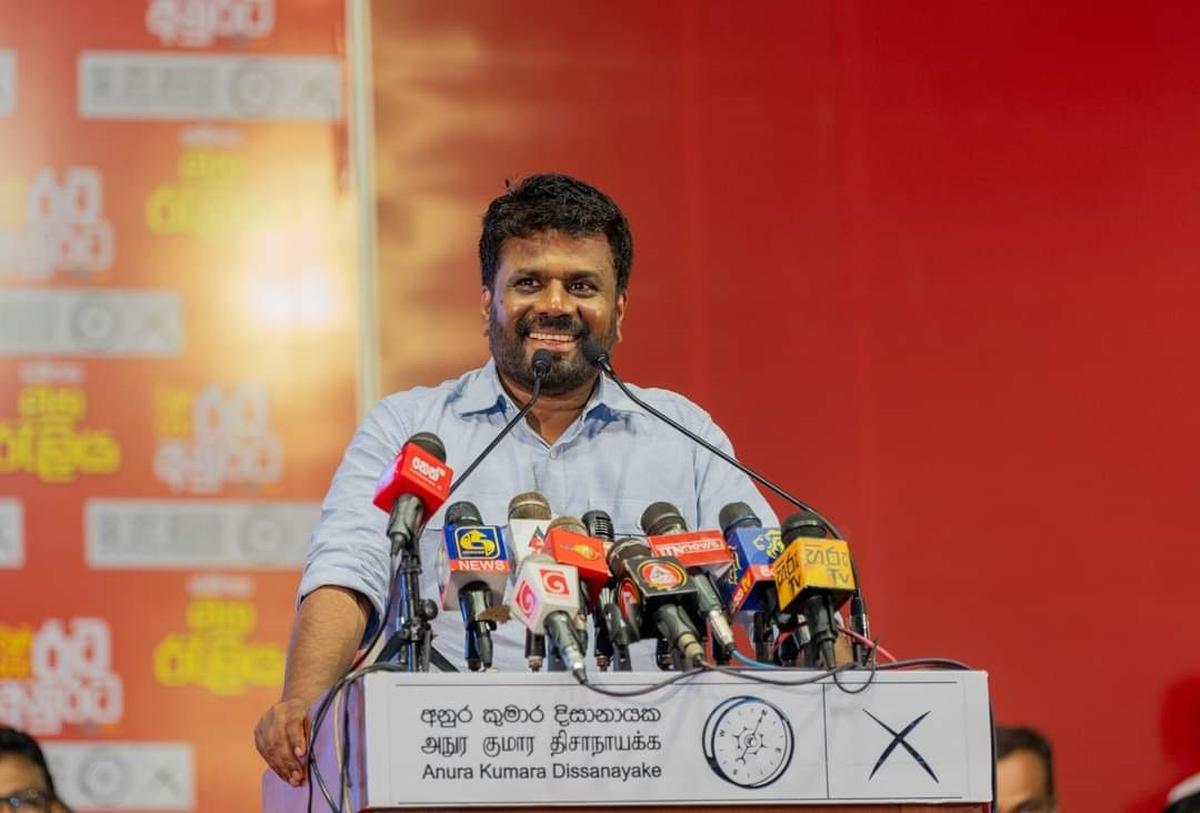
On 14 July 2025, President Anura Kumara Dissanayake issued gazette notifications No. 2445/2, 2445/3, 2445/4, and 2445/5 to designate as ‘primary business of strategic importance’ and provide concessions to Ceylon Real Estate Holdings (Private) Limited, Clothespin Management and Development (Private) Limited, IFC Colombo (Private) Limited, and ICC Port City (Private) Limited which have invested in Port City. In a gazette notification, the President states that the Cabinet has granted approval to this decision on 1 July 2025.
Trade unions had filed a case in the Court of Appeal against the government’s decision to abolish the Termination of Employment of Workmen (Special Provisions) Act No. 45 of 1971, which had been in effect for more than half a century, preventing the arbitrary sacking of workers.
When the case was taken up on 27 October 2025, a lawyer from the Attorney General’s Department representing the government informed the court that the government had decided to withdraw the relevant gazette notification.
Accordingly, the court has informed the Labour Commissioner that the Termination of Employment of Workmen (Special Provisions) Act should be enforced throughout the country as before, while annulling the four gazette notifications issued by the President declaring that four companies operating in Port City are exempted from the Termination of Employment of Workmen (Special Provisions) Act.
The extraordinary gazette notification signed by the President further states that it was issued to provide tax concessions to the four firms and exempt them from labour laws after “having considered the recommendations of the Colombo Port City Economic Commission and upon the approval of the Cabinet of Ministers.”
Calling it ‘two laws in one country,’ trade union leaders condemned this pro-investment move initiated by the NPP government, which came to power vowing to protect labour rights.
“Providing concessions to Port City by the President, who at the time was a key participant in protests against the establishment of Port City, is tantamount to creating a country within a country and implementing two laws,” Free Trade Zones and General Service Employees' Union Joint Secretary Anton Marcus said.
The four companies had been exempted from the Value Added Tax (VAT), the provisions of the Finance Act, excise duties, customs duties, Ports and Airports Development Levy (PAL) taxes, the Sri Lanka Export Development Act, the Termination of Employment of Workmen (Special Provisions) Act, and the Foreign Exchange Act for an extensive period of 25 years.
The Free Trade Zones and General Service Employees' Union, All Ceylon Trade Union Federation affiliated with the Communist Party, the Ceylon Estate Services Association, and three other trade unions, in collaboration, filed petition No. 875/2025 against exempting companies in Port City from labour laws.
Trade unions pointed out that exempting the four firms from the Termination of Employment of Workmen (Special Provisions) Act, which ensures the job security of workers in institutions with more than 15 workers, could result in a massive crisis.
Under the Termination of Employment of Workmen (Special Provisions) Act, the employment of any worker can be ended on non-disciplinary grounds at his own discretion, and upon written notice to the Labour Commissioner, if there are reasonable grounds, the Commissioner will approve the termination. However, as per the relevant gazette notification, employers can, at their discretion, terminate the service of workers of these four firms operating in Port City.
Something even J.R. couldn’t do
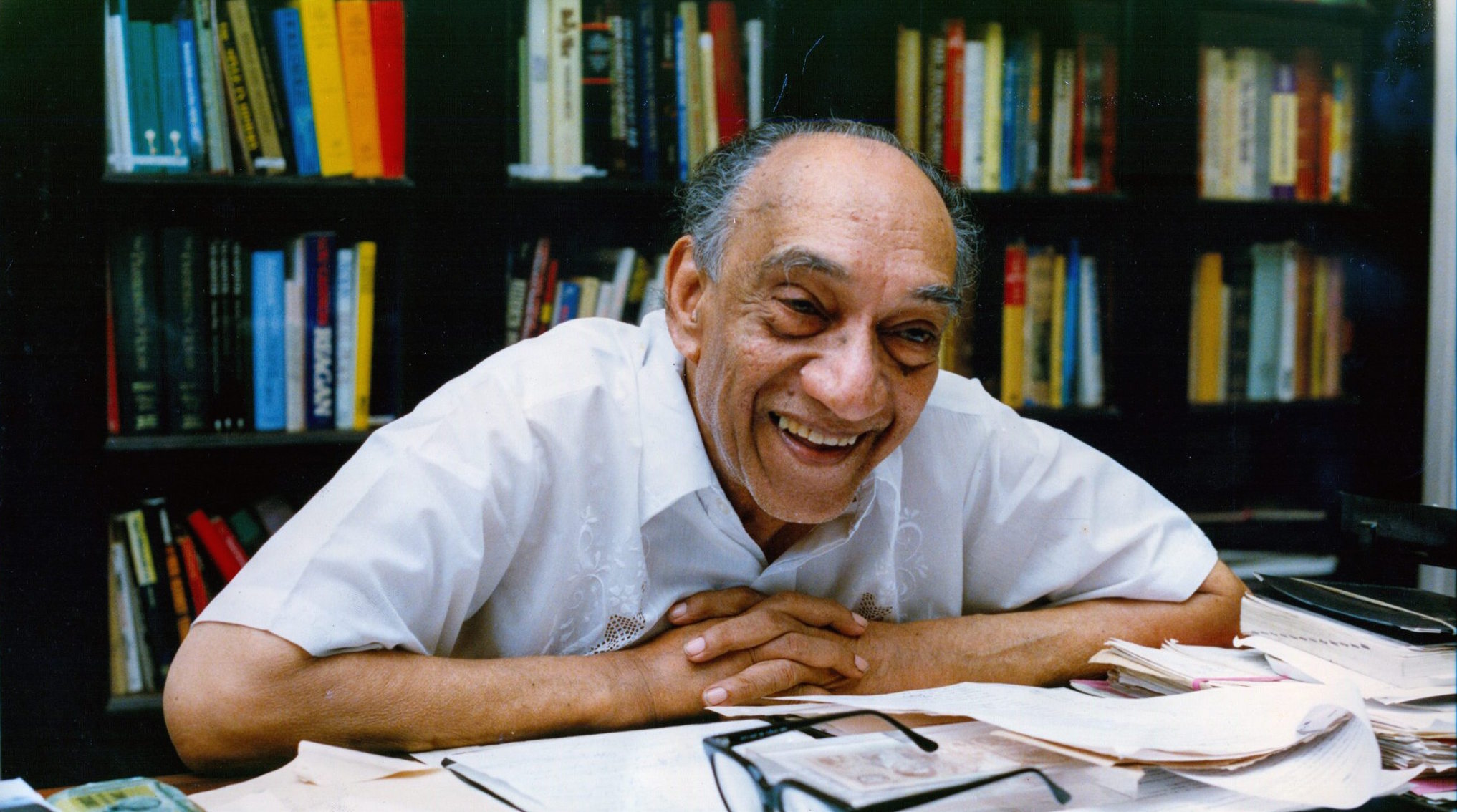
“J.R. Jayewardene, who came to power in 1977, established Free Trade Zones after exempting these zones from labour laws under the Greater Colombo Economic Commission Act. However, trade unions went to the court against this and obtained a court order. At that time, the Supreme Court said that two laws cannot be enforced in one country,” Marcus underscored.
The background for the Termination of Employment of Workmen (Special Provisions) Act was created by private-sector employers’ actions in the early 1970s, where they claimed shortages of raw materials, shut down factories, and fired thousands of workers. The Act was enacted to prevent such actions.
“In the 1970s, the United Front government passed this Act amidst protests which were staged by workers of over 70 private-sector factories and lasted for over a month. Late comrade Bala Tampoe took the initiative to draft the Bill,” Ceylon Mercantile, Industrial and General Workers’ Union (CMU) General Secretary Selliah Palaninathan noted.
The CMU General Secretary stressed that as a trade union that led the process of preparing this Act, which includes provisions that ensure job security and fairness for workers, it is their responsibility to protect it.
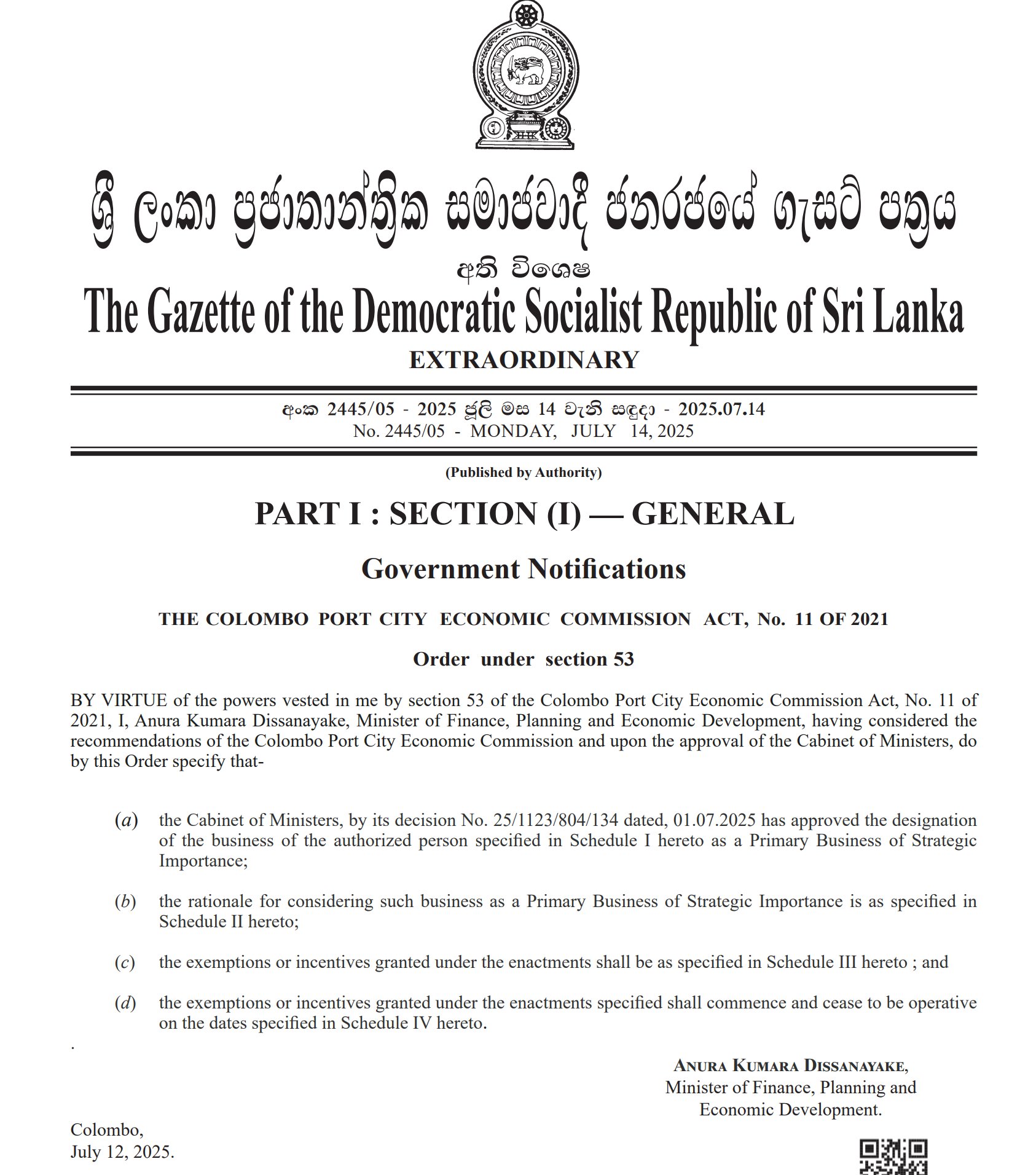
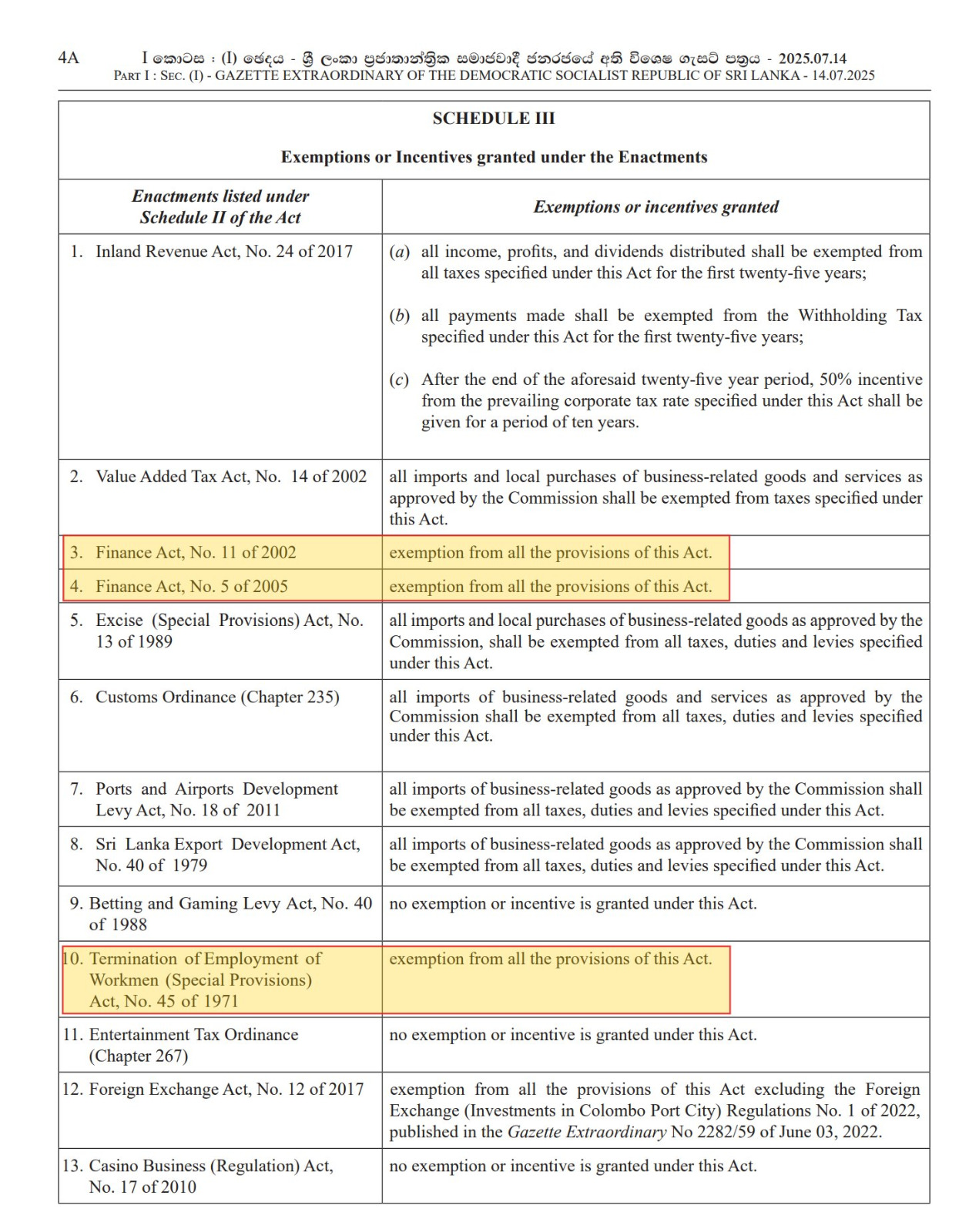
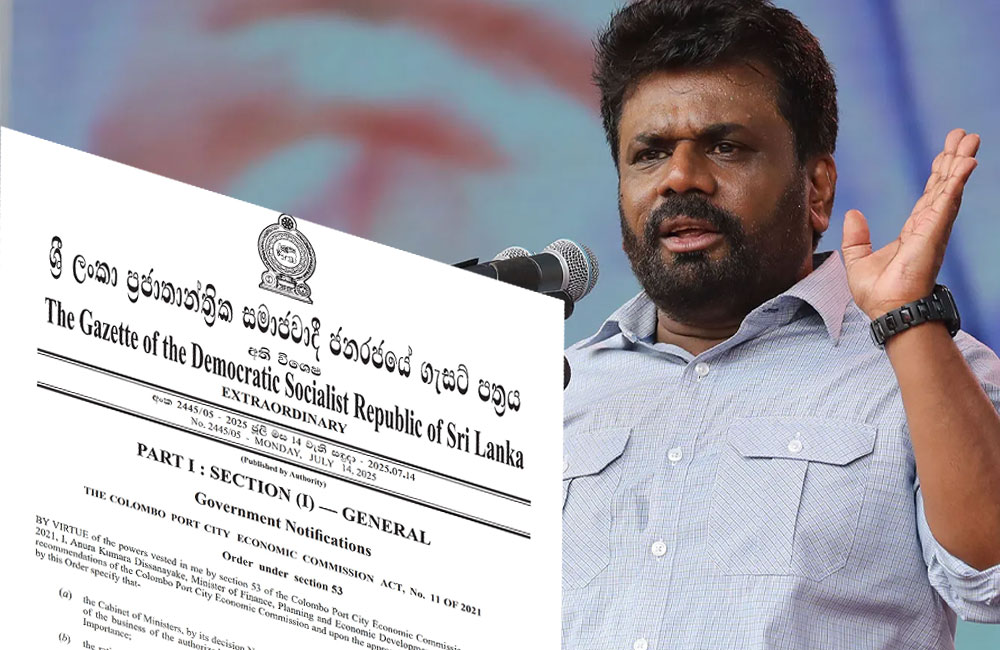
Leave your comments
Login to post a comment
Post comment as a guest